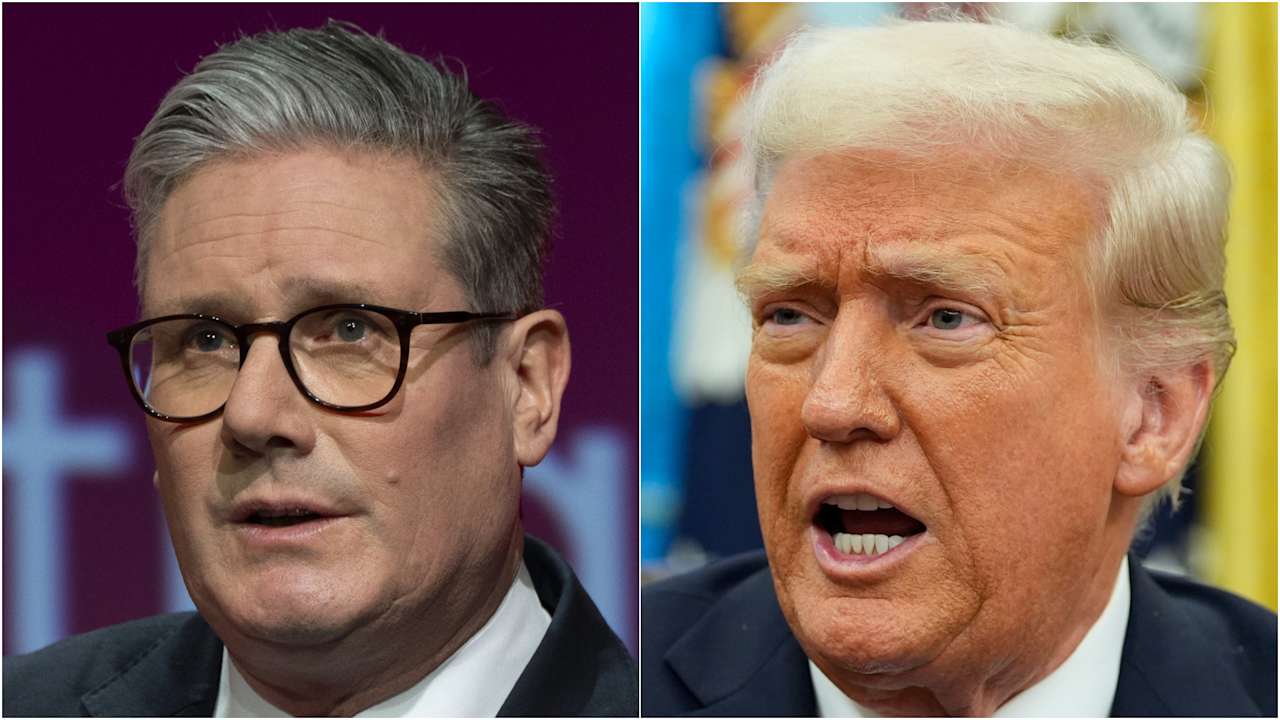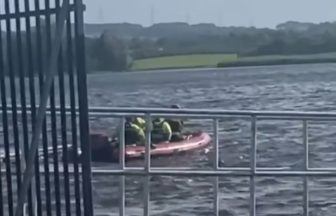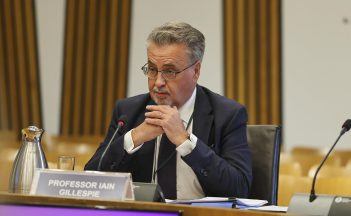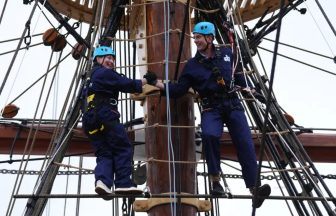This promises to be a critical week in Washington.
President Donald Trump appears to be pivoting away from Europe, causing alarm in the Nato security establishment.
Both the French President and British Prime Minister will be visiting the White House this week. France is often cited as America’s oldest ally, Britain of course has a special relationship.
Both bonds have been tested in the past and they have endured; from the Suez crisis in 1956, when the UK and France were pressured by America to cease their military action in favour of a peacekeeping force, to the split over the 2003 invasion of Iraq when France refused to get involved and Britain did.
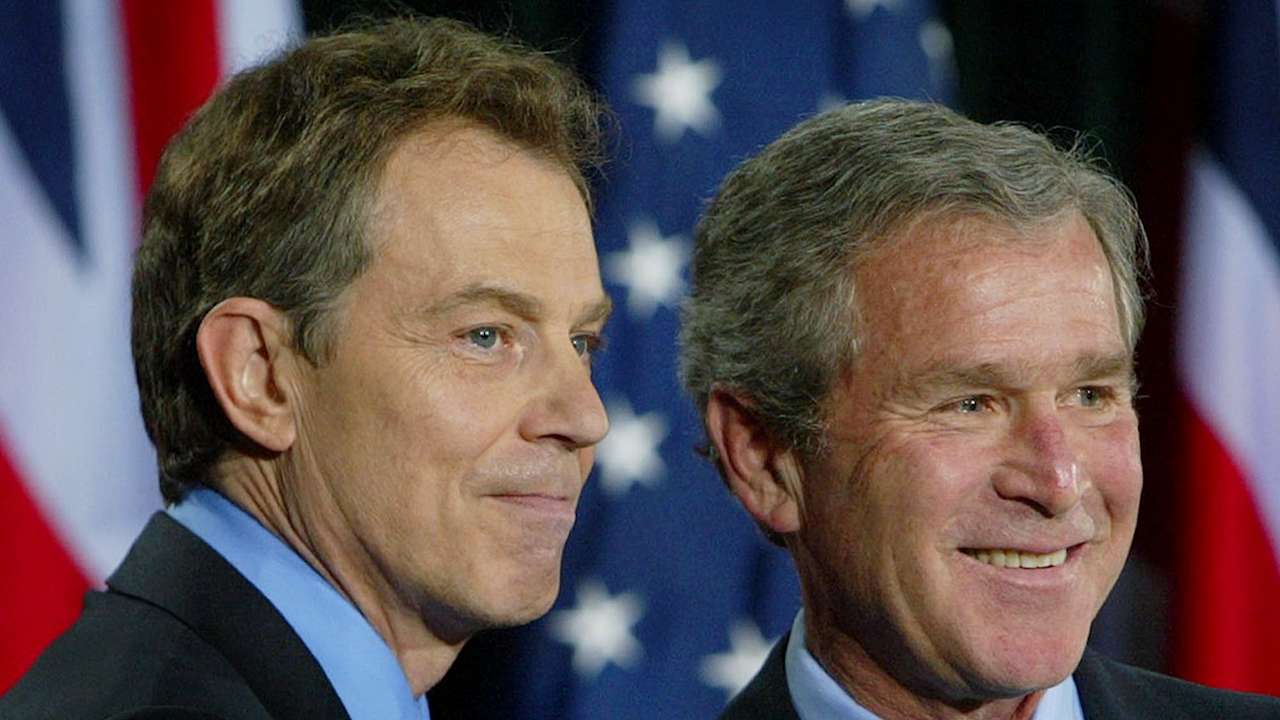
The UK faced American equivocation over the Falklands in 1982 and sat on the sidelines when we refused to send troops to Vietnam in the 60s.
In each case in the past, while these alliances were strained by specific pressures, they never fractured beyond repair.
This time though, the tensions feel more fundamental. This is a rupture of the strategic imperative guiding both sides of the Atlantic, not a spat which will soon blow over.
No longer can Europe rely on the Pax Americana (The Long Peace) which has guaranteed security since the Second World War. Ultimately, this change will force Europe and the UK to reassess its defence posture for a generation.
While Trump has declared Zelenskyy a dictator, agreed to meet Putin and called for new elections in Ukraine, it’s also important to remember the links which still exist cannot be erased instantly.
So far, Trump has not called for the withdrawal of the 35,000 US troops in Germany or the 10,000 in the UK. America still has bases across Europe, from Italy to Turkey.
The US military has strong links with Britain, including a shared intelligence capability through the “five eyes” network, which consists of Australia, Canada, New Zealand, the UK and US.
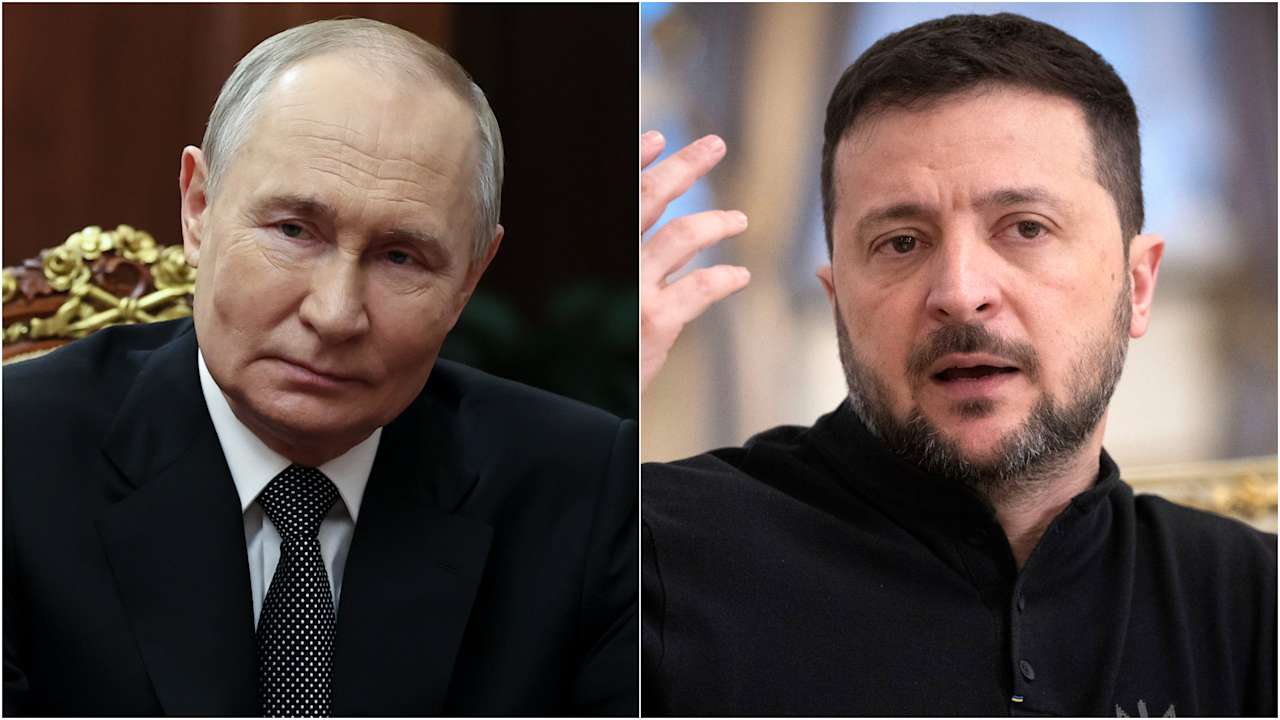
From fighter jets to ships, we share technology and know-how which has integrated our militaries for decades.
This will not be undone overnight, even if the Pentagon vigorously pursues Defence Secretary Pete Hegseth’s argument that America must concentrate on the Pacific theatre and the threat from China.
This transatlantic decoupling will take many years, but we have been given clear signals this month that longer-term Europe will undoubtedly have to rethink its defence.
As the US puts America first, Europe and Britain will have to recalibrate their place in the world, building new defences and alliances which are not underwritten by Washington.
A new world order is beginning to hove into view, and it is the fundamental challenge of our times.
Follow STV News on WhatsApp
Scan the QR code on your mobile device for all the latest news from around the country


